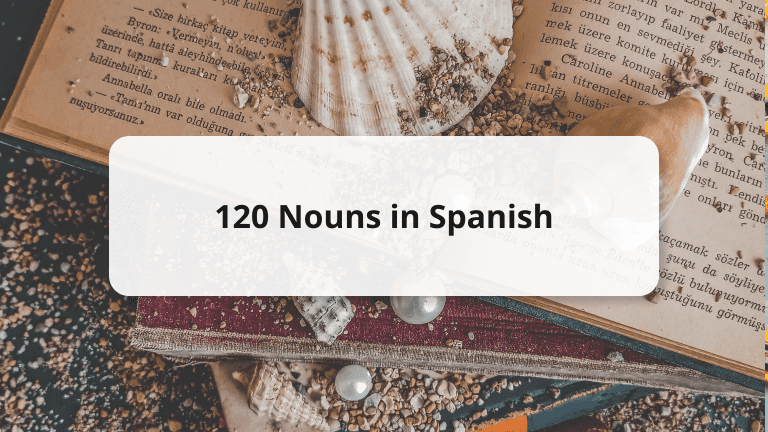Getting to know nouns in Spanish is an important foundation in your journey to becoming fluent!
From the names of lugares (places) such as edificios (buildings) or playas (beaches) to the names of emociones (emotions) that you feel on a daily basis, such as felicidad (happiness) or enfadado (anger)— Nouns make up the majority of any language. Even when studying basic Spanish words, knowing what nouns are and how to use them is imperative.
In this article, we will be discussing how to use nouns in Spanish and present a nouns list of people, places, and more with examples of how to use them!
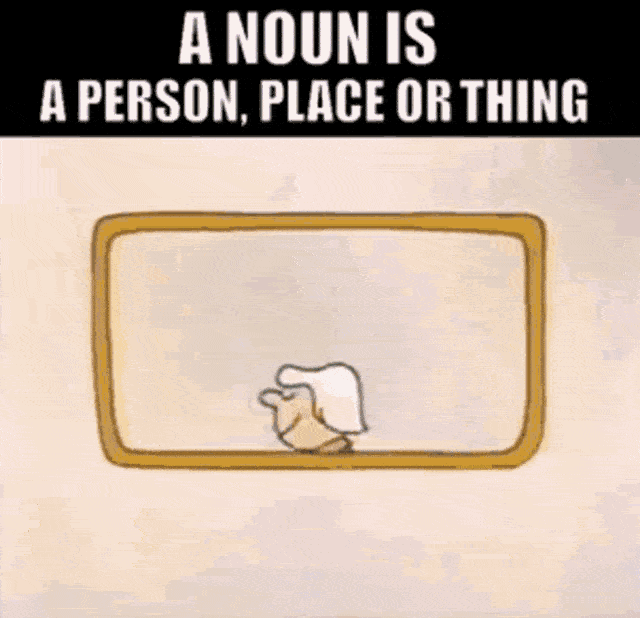
What are Nouns in Spanish?
So, what is a noun? Similar to English, nouns are words that refer to a person, place, thing, or idea and can be categorized as physical (things you can touch, like la mesa, or table) and abstract nouns (things you can’t touch, like sueño or dreams). Nouns can be either plural or singular.
In addition to nouns, tenses such as the present tense in Spanish are important when you learn how to create good Spanish sentences!
Speaking of sentences, a singular sentence can contain many nouns, for example:
Michael (person) volvió al parque (place) porque cree (idea) que olvidó su pelota de baloncesto (thing) allí.
(Michael (person) went back to the park (place) because he believes (idea) he forgot his basketball (thing) there.)
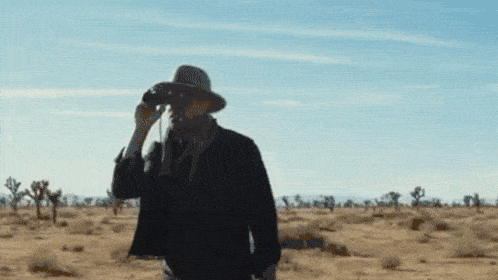
Noun Agreements in Spanish
There are certain aspects where nouns in Spanish differ from those in English.
Gendered Nouns in Spanish
Nouns in Spanish have genders!
Feminine nouns in Spanish end with the suffix -a. For example, words like taza (cup), aventura (adventure), escuela (school), and galleta (cracker) are feminine Spanish nouns.
Sentence example: la camiseta era muy rosa (The shirt was very pink).
Masculine nouns in Spanish end with the suffix -o. For example, words like odio (hate), carro (car), pacífico (pacific), and teclado (keyboard) are masculine Spanish nouns.
Sentence example: el mono tenia hambre (The monkey was hungry).
Countable and Uncountable Nouns in Spanish
Some nouns in Spanish can be either singular or plural, whereas others can only be singular.
Countable nouns are nouns that can be either singular or plural ie can be measured and counted, such as botella/botellas (bottle/bottles), concierto/conciertos (concert/concerts), manzana/manzanas (apple/apples), and mesa/mesas (table/tables).
Sentence example: Las bolsas estaban por todos lados (The bags were all over the place).
Uncountable nouns only exist as a singular entity and refer to substances or materials that can’t be divided into units. Such as tiempo (time), valor (value), agua (water), and coraje (courage).
Sentence example: Valoraban el arte de la música (They valued the art of music)
Noun – Adjective Agreement in Spanish
Nouns and adjectives in Spanish are an important combination. Adjectives are words that describe the noun. Nouns and adjectives have to agree/be the same in terms of number and gender.
For example,
- manzana roja (red apple), feminine, singular and manzanas rojas (red apples), feminine, plural.
- teclado sucio (dirty keyboard), masculine, singular, and teclados sucios (dirty keyboards), masculine, plural.
- vela encendida (lit candle), feminine, singular and velas encendidas (lit candles) feminine, plural.
- teléfono roto (broken phone), masculine, singular, and teléfonos rotos (broken phones), masculine, plural.
Individual and Collective Nouns in Spanish
Individual nouns are things that can be counted individually. For example, beber (drink) or perra/perros (Dog).
Collective nouns refer to a group of things, such as enjambre (swarm) or pública (public)
Compound Nouns in Spanish
Nouns that comprise two or more words create a new meaning when used together.
For example:
- abre (opens) + latas (cans) = abrelatas (can opener)
- quita (remove) + manchas (stains) = quitamanchas (stain remover)
- rasca (scrapes) + cielos (skies) = rascacielos (skyscraper)
- limpia (polish)+ metales (metal) = limpiametales (metal polish)
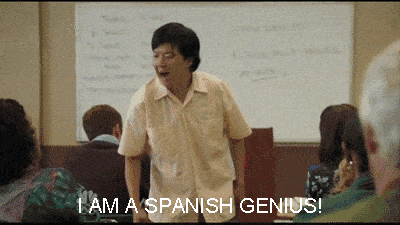
100 Common Nouns in Spanish
Now that you know how to use and classify nouns, we now introduce you to a list of 100 common nouns in Spanish!
After learning nouns, the next topic should be understanding the difference between ser and estar in order to form proper Spanish sentences. Maybe spice them up by learning some Spanish nicknames!
People Nouns in Spanish – Personas
The most important word that you have to know is family in Spanish, family does come first! In addition to “family”, here are nouns of people with their English translation and a sentence example!
- Padre (Dad).
Mi padre esta en el trabajo (My dad is at work)
- Madre (Mother).
¡Mi madre es genial! (My mother is cool!)
- Tío (Uncle).
Mi tio es panadero (My uncle is a baker)
- Tía (Aunt)
A mi tía le gusta cantar (My aunt likes to sing)
- Hermano (Brother)
Tengo un hermano mayor (I have an older brother)
- Hermana (sister)
Viene su hermana (Her sister is coming),
- Hombre (Man)
Ese hombre es médico (That man is a doctor)
- Mujer (woman)
La mujer de rojo (The woman in red)
- Niño (Child, boy)
Ella adoptó a un niño (She adopted a little boy)
- Niña (Child, girl)
La niña llevaba un vestido rosa (The little girl wore a pink dress)
Places Nouns in Spanish – Lugares
Nouns in Spanish that name places.
- Escuela (School)
Ellas fueron a la escuela (They went to school)
- Parque (Park)
El parque esta limpio (The park is clean)
- Hospital (Hospital)
Fue internado en el hospital (He was admitted to the hospital)
- Tienda (Store)
Hay una venta en la tienda (There’s a sale going on at the store)
- Ciudad (City)
Ella vive en la ciudad (She lives in the city)
- Calle (Street)
Encontró al gato en la calle (She found the cat on the street)
- País (Country)
Se muda a otro país (He is moving to another country)
- Continente (Continent)
Vive en otro continente (He lives on another continent)
- Montaña (Mountains)
Las montañas tienen nieve en la cima (The mountains have snow on them)
- Playa (Beach)
Vamos a la playa! (We are going to the beach!)
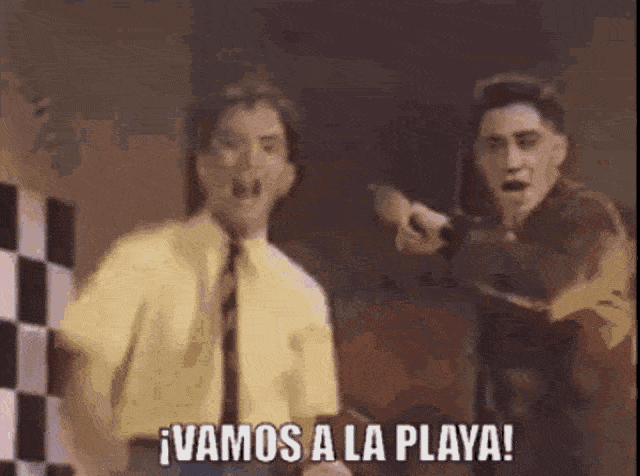
Transportation Nouns in Spanish – Transporte
Spanish nouns for transportation, stuff like buses or taxis.
- Carro / Coche (Car)
El carro/coche se ha averiado (The car broke down)
- Taxi (Taxi)
Los taxis son caros (Taxis are expensive)
- Autobús (Bus)
El autobús se retrasó (The bus was delayed)
- Moto (Motorcycle)
Solo manejan motos de paseo (They only ride motorcycles)
- Bicicleta (Bike)
Él consiguió una bicicleta para Navidad (He got a new bike for Christmas)
- Tren (Train)
Mandy perdió el tren (Mandy missed the train)
- Camión (Truck)
Eran un grupo de camioneros (They were a bunch of truck drivers)
- Barco (Steam Boat)
El barco de vapor ha sido reemplazado hace mucho tiempo (The steamboat has been replaced a long time ago)
- Avíon (Plane)
Ese avion es grande (That plane is big)
- Bote (Boat)
Steve está celosa del nuevo barco de su hermano (Steve is jealous of his brothers new boat)
Food Nouns in Spanish – Comida
Now to fill your stomach with noun words for food!
- Agua (Water)
El agua está caliente (The water is hot)
- Manzana (Apple)
Ella comio una manzana (She ate an apple)
- Pan (Bread)
Los patos no deben comer pan (Ducks should not eat bread)
- Torta (Cake)
Me gusta la torta (I like cake)
- Fruta (Fruit)
La cesta está llena de fruta (The basket is full of fruit)
- Vegetal (Vegatables)
Él no comerá sus vegetales (He won’t eat his vegetables)
- Jugo (Juice)
El jugo es genial para el verano (Juice is great for summer)
- Chocolate (Chocolate)
Ella siempre compra chocolate (She always buys chocolate)
- Pescado (Fish)
Hay peces más grandes para freír (There are bigger fish to fry)
- Carne (Meat)
Necesitamos más carne para la parrilla (We need more meat for the grill)

School Supplies Nouns in Spanish – Útiles Escolares
Supplies that are normally used at school, like rulers, papers, or pens etc.
- Libro (Book)
Martín escribió un libro (Martin wrote a book)
- Papel (Paper)
El papel se rasgó (The paper tore)
- Cuaderno (Notebook)
Mi cuaderno es rosa (My notebook is pink)
- Tijeras (Scissors)
La página fue cortada con tijeras (The page was cut with scissors)
- Lapizes (Pencils)
Los lápices están hechos de madera (Pencils are made out of wood).
- Mochila (Backpack)
La mochila del niño era demasiado grande (The child’s backpack was too big)
- Pluma (Pen)
Los pluma son permanentes (Pens are permanent)
- Regla (Ruler)
Para líneas rectas, use una regla (For straight lines, use a ruler)
- Borrador (Eraser)
El perro masticó el borrador (The dog chewed the eraser)
- Grampeador (Stapler)
La grapadora de la oficina desapareció (The office stapler went missing)
Technology Nouns in Spanish – Technología
Spanish nouns for technology or stuff related to technology.
- Celular / Móvil (Mobile phone)
El abuelo no sabe cómo funciona un celular (Grandpa doesn’t know how a mobile phone works)
- Computadora (Computers)
La computadora cuesta mucho (Computers cost a lot)
- Calculadora (Calculators)
La calculadora está permitida para esta prueba (Calculators are allowed for this test)
- Aplicación (App)
Aprendió Español con la aplicación de AmazingTalker (She learned Spanish through the AmazingTalker app)
- Página Web (Web page)
Algunas páginas web están ocultas (Some webpages are hidden).
- Foto (Photo)
Muchas fotos estaban en la pared (A lot of photos were on the wall)
- Contraseña (Password)
¿Recuerdas tu contraseña? (Do you remember your password?)
- Tablet (Tablet)
Las tabletas son portátiles (Tablets are portable)
- Wifi (Wifi)
El wifi dejo de funcionar (The wifi stopped working)
- Cargador (Charger)
Los cables sobresalen del cargador (Wires are sticking out of the charger)
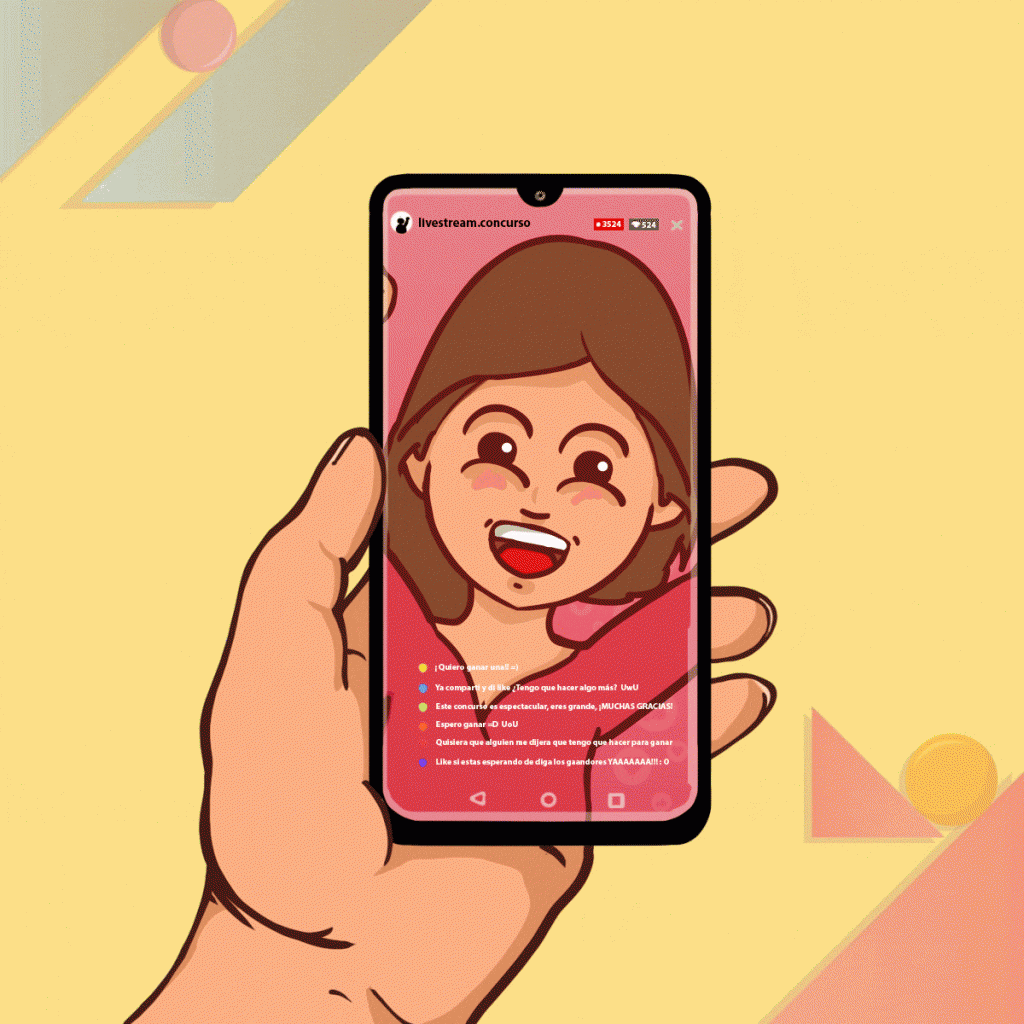
Furniture Nouns in Spanish- Muebles
Various Spanish nouns that mean different furniture!
- Silla (Chairs)
No habia sillas (There were no chairs)
- Sillón (Armchair)
La abuela ama su sillón (Grandma loves her armchair)
- Sofá (Sofa)
Ella realmente quería un sofá negro (She really wanted a black sofa)
- Mesa (Table)
Su mesa estaba llena de cosas (His table was full of stuff)
- Cama (Bed)
Inmediatamente se fue a la cama después de la escuela (She immediately went to bed after school)
- Estantería (Shelf)
Debería haber más estanterías en la biblioteca (There should be more shelves in the library)
- Cortinas (Curtains)
Las cortinas deben permanecer abiertas (The curtains must remain open)
- Chimenea (Chimney)
Papá Noel bajó por la chimenea (Santa came down the chimney)
- Suelo (Floor)
La señora trapeó su suelo (The lady mopped her floor)
- Techo (Cheiling)
El techo se derrumbó (The ceiling collapsed)
Body Nouns in Spanish- Partes del Cuerpo
Nouns in Spanish for parts of your body. Important for a doctor’s visit!
- Boca (Mouth)
Su boca estaba abierta (His mouth was wide open)
- Ojos (Eyes)
Ella tiene ojos azules (She has blue eyes)
- Brazo (Arm)
¡Agita tus brazos! (Wave your arms!)
- Pierna (Leg)
Sus piernas estaban quemadas por el sol (His legs had sunburn)
- Corázon (Heart)
Te dí mi corazón (I gave you my heart)
- Dientes (Teeth)
Cepillarse los dientes es important (Brushing your teeth is important)
- Pie (Feet)
Los pies son feos (Feet are ugly)
- Mano (Hand)
Se tomaron de la mano (They held hands)
- Cabeza (Head)
Te amo de pies a cabeza (I love you from head to toe).
- Espalda (Back)
Me dieron la espalda (Their backs were turned to me)

Going Out Nouns in Spanish – Objetos para Salir
Spanish nouns that are essential when you’re out and about!
- Cartera (Purse)
No olvides tu cartera (Don’t forget your purse)
- Billetera (Wallet)
Mi billetera esta vacia (My wallet is empty)
- Dinero (Money)
Necesito dinero (I need money)
- Monedas (Coins)
Podías escuchar las monedas en su bolsillo (You could hear the coins in his pocket)
- Llaves (Keys)
¡He perdido la llave! (I lost my keys!)
- Gafas – Lentes (Glasses – Lenses)
Mis lentes están rotos (My glasses are cracked)
- Zapatos (Shoes)
Tus zapatos no combinan (Your shoes aren’t matching)
- Gorro (Hat)
Los señores llevaban sombrero (The gentleman wore a hat)
- Tapa Bocas (Facemask)
Se sintió enferma, así que usó una tapa bocas (She felt ill so she wore a face mask)
- Botella de Agua (Water bottle)
Las botellas de agua son importantes en verano (Water bottles are important in summer)
Job Nouns in Spanish – Profesiones
Spanish nouns for jobs of all fields!
- Profesor / a (Professor)
La profesora está organizando un seminario (The professor is hosting a seminar).
- Médico / a (Medical)
Se acerca un experto médico (A medical expert is coming)
- Ingeniero / a (Engineer)
No todos los ingenieros son inteligentes (Not all engineers are smart)
- Cocinero / a (Cook)
Ella es una buena cocinera (She’s a good cook)
- Abogado / a (Lawyer)
Los abogados hablan demasiado (Lawyers talk too much)
- Empreseario / a (Entrepreneur)
Solo un verdadero emprendedor puede vender este product (Only a true entrepreneur can sell this product)
- Pintor / a (Painter)
Quería ser pintora como Van Gogh (She wanted to be a painter like Van Gogh)
- Soldado / a (Soldier)
Los soldados lucharon duro (The soldiers fought hard)
- Veterinarío / a (Veterinary)
La profesión veterinaria es más difícil de lo que parece (The veterinary profession is harder than it looks)
- Policía (Police)
La ladrona fue atrapada por la policía (The thief was caught by the police)

Look Around, Nouns in Spanish are Everywhere!
Nouns are really important if you working towards becoming fluent in Spanish. Besides the Spanish nouns in this list, there are a lot more nouns that you will learn in your journey, such as colors in Spanish!
Nouns in Spanish can be a bit of a doozy, which is why getting an online tutor at AmazingTalker might just be your saving grace! Whether you are struggling with a topic in Spanish, French or Turkish, etc, tutors at AmazingTalker will help you reach your fluency goals with ease!
